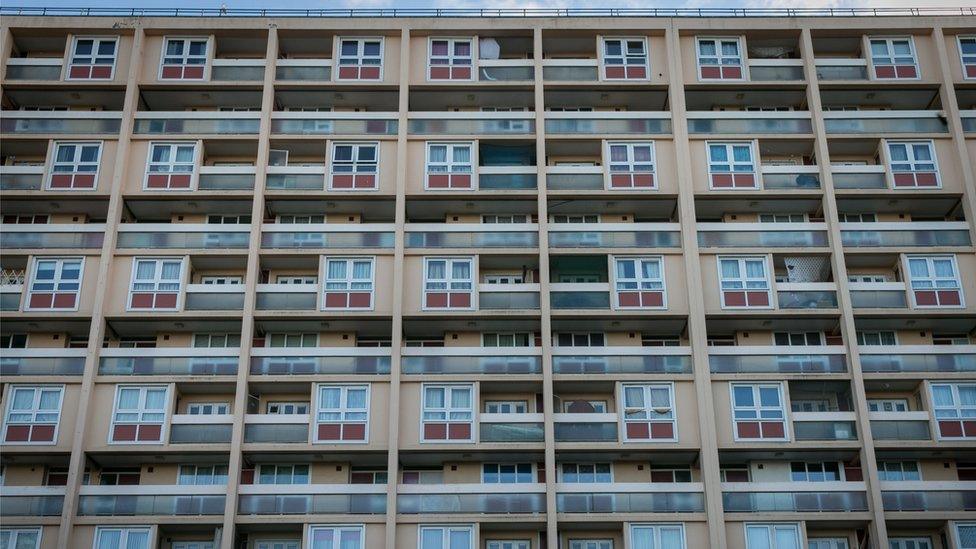West Midlands social housing set for boost of more than £1.5bn
- Published

The money will be spent improving social housing in the West Midlands
More than £1.5bn has been earmarked for improving social housing in the West Midlands after repeated complaints from tenants about their quality of life.
It comes as authorities pledge to crack down on poor standards in the wake of high profile cases including the death of toddler Awaab Ishak in Rochdale.
The housing secretary has accused some landlords of "letting people suffer in disgraceful conditions".
Projected spends on boosting housing stock have been analysed by the BBC.
The figures come from housing associations and the budgets of local authorities - among them Birmingham City Council, which says it is the largest local authority social housing landlord in England, with more than 60,000 homes.
Last month, the council was criticised by the housing ombudsman for systematically failing tenants who complained about their conditions.
Housing Secretary Michael Gove accused the authority of failing its tenants.
Birmingham has committed to spending £60m to build 215 homes, and £27m on retrofitting 300 homes so they are energy efficient.
The city hopes to be able to spend about £100m each year to make ongoing improvements.
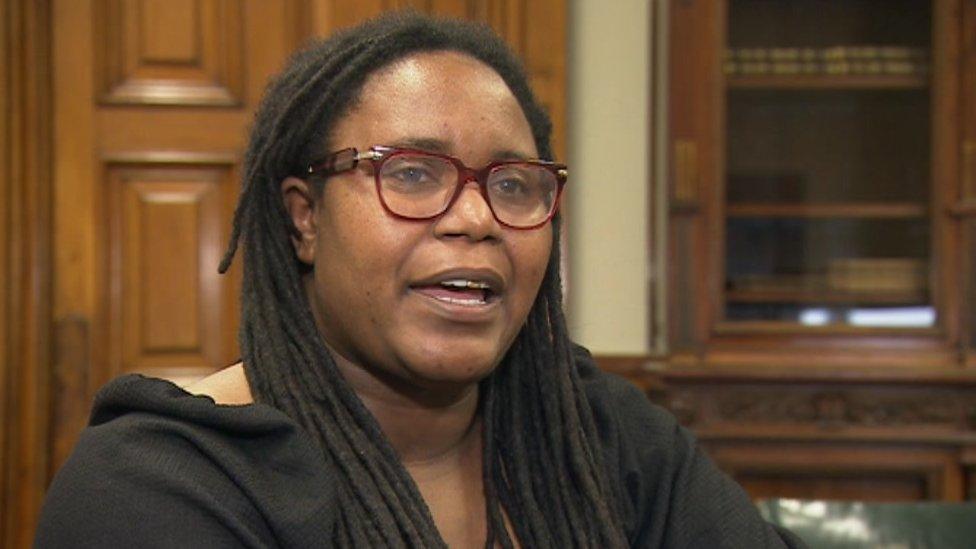
Councillor Sharon Thompson said there needed to be a greater emphasis on house building in the UK
"The average age of our stock is 70 years old," said Councillor Sharon Thompson, cabinet member for housing and homelessness at Birmingham City Council.
"There are huge issues around the lack of housebuilding taking place across the country.
"We will continue to lobby the government on this but in the meantime, we will double our efforts and do all we can to try and improve the situation in Birmingham."
Local authorities and other housing providers who responded to a BBC Midlands Today request for numbers have confirmed how much money they have put aside for such work across the West Midlands, with a combined sum of £1.5bn to be spent.
City of Wolverhampton Council will be one of the biggest spenders, with £105m set aside for new homes and £114m for building safety improvements on high rise estates. It has also resumed housebuilding under its own banner.
The investment in repairs will be welcomed by many tenants, though in reality, many will be part-funding improvements through a rise in social rent, which has been capped at 7 per cent.
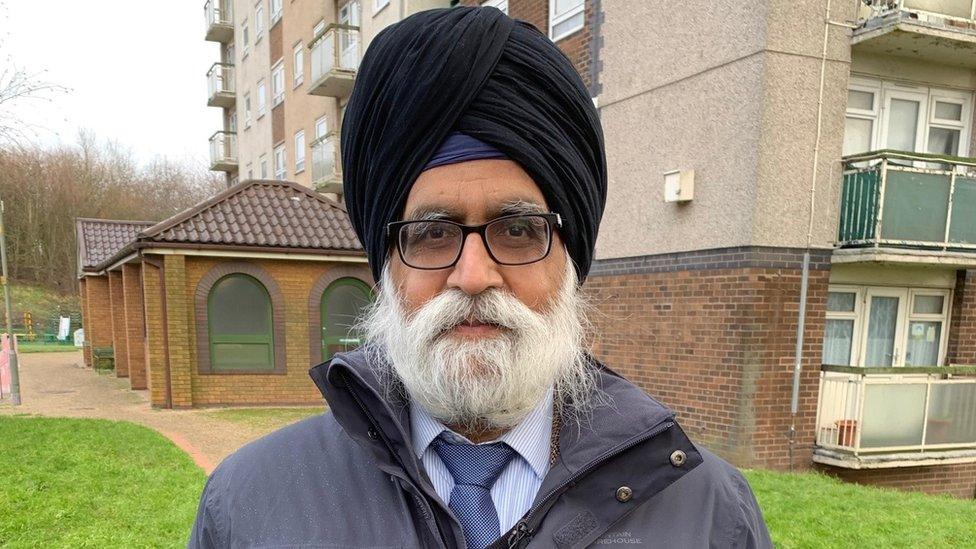
Councillor Charn Singh Padda said Sandwell needed to continue investing in its properties
In neighbouring Sandwell, the council has approved almost £45m over five years to fund three major refurbishments and maintenance schemes.
They include internal improvements and new cladding for two 15-storey tower blocks in Rowley Regis: St Giles and Moorlands Courts.
"As a responsible landlord, we need to continue investing in our properties to keep them at a high standard and make sure our tenants are living in safe and modern homes which meet their needs," said Councillor Charn Singh Padda, Sandwell's cabinet member for housing.
Tenant Ron, who has been complaining about a leaking roof in his flat in Rowley Regis, says the improvements cannot come soon enough.
"It's been difficult. The spending is welcome, it really is," he said.
"If somebody has a leak above me it comes down, I report it, someone comes out, has a look but the problem returns. I've got asthma and it's not getting any better."

Housing providers are under pressure to improve conditions after Awaab Ishak died
The Local Government Association - the body which represents councils - says demand for homes is outstripping supply.
A spokesperson told the BBC: "We want to see long-term plans to give councils powers to build 100,000 high-quality, climate-friendly social homes a year, including reform of the Right to Buy scheme, which has made it difficult."
The government has awarded the West Midlands almost £15m to address mould and damp issues in properties although it is not yet clear how the cash will be distributed across the region.
Following the death of two-year-old Awaab Ishak in Rochdale, who was exposed to severe mould and damp in a property, all housing providers are under increased pressure to act on repairs.
However, they are continuing to push for more funding from government to meet its "decent homes" standard.
"We have to be vigilant," said Councillor Thompson.
"We need to get housing officers back on their patches, closer to people, but we're also asking residents to let us know if they are finding anything distressing."
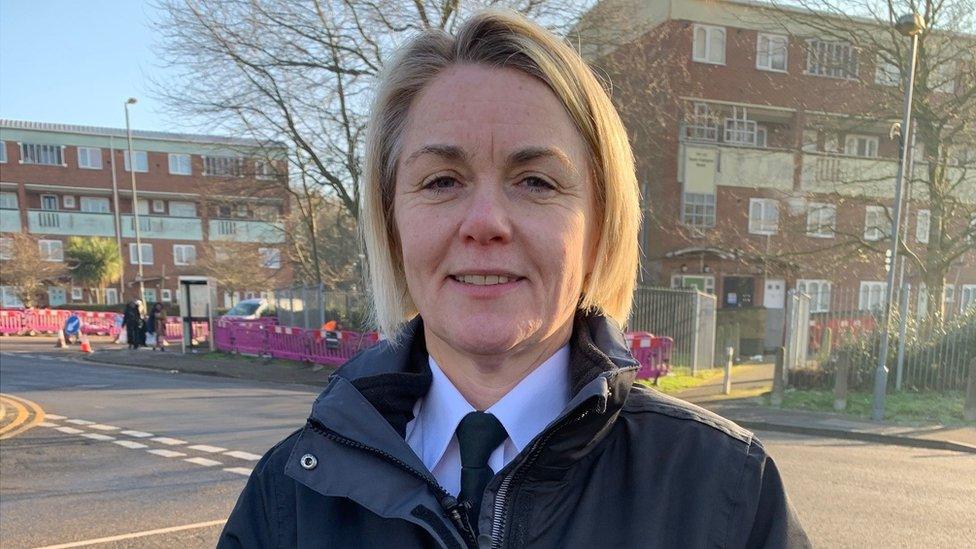
Phil Dolphin said landlords could be prosecuted for failing to meet fire safety standards
Alongside repairs to properties by councils and registered housing providers, West Midlands Fire Service has completed an audit of all residential buildings more than 18 metres tall, to assess fire risk.
On 23 January, fire safety regulations introduced in the aftermath of the Grenfell Tower tragedy came into force, imposing new responsibilities on relevant parties, typically the building owner.
It is a requirement by law to provide information to the fire services to help them plan and to provide additional safety measures.
Station Commander Phil Dolphin said: "It includes the evacuation strategy for the building, how to contact the fire service, and regular checks on the fire doors.
"We will enforce the fire safety order and can serve notices [for non compliance], look to prosecute - and the outcome could be a custodial sentence or fine."
A spokesperson for the Department for Levelling up, Housing and Communities said: "Like all landlords, councils should prioritise repairs and improvements to ensure housing is up to the standard tenants rightly expect.
"We are strengthening the powers of the Regulator of Social Housing to make sure landlords meet these standards and do not ignore tenants, including issuing unlimited fines and making emergency repairs, with landlords footing the bill."

Follow BBC West Midlands on Facebook, external, Twitter, external and Instagram, external. Send your story ideas to: newsonline.westmidlands@bbc.co.uk
Related topics
- Published2 February 2023

- Published26 January 2023
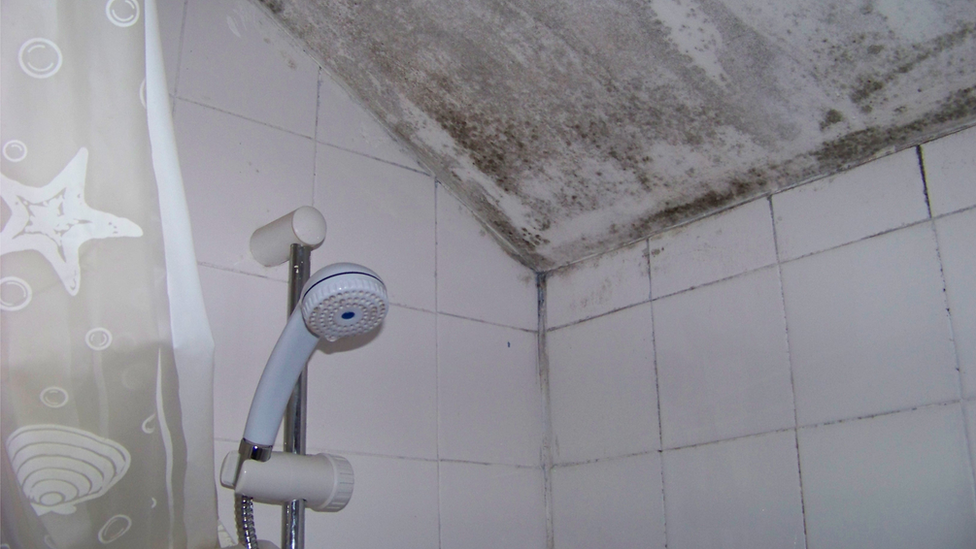
- Published17 January 2023

- Published25 November 2022
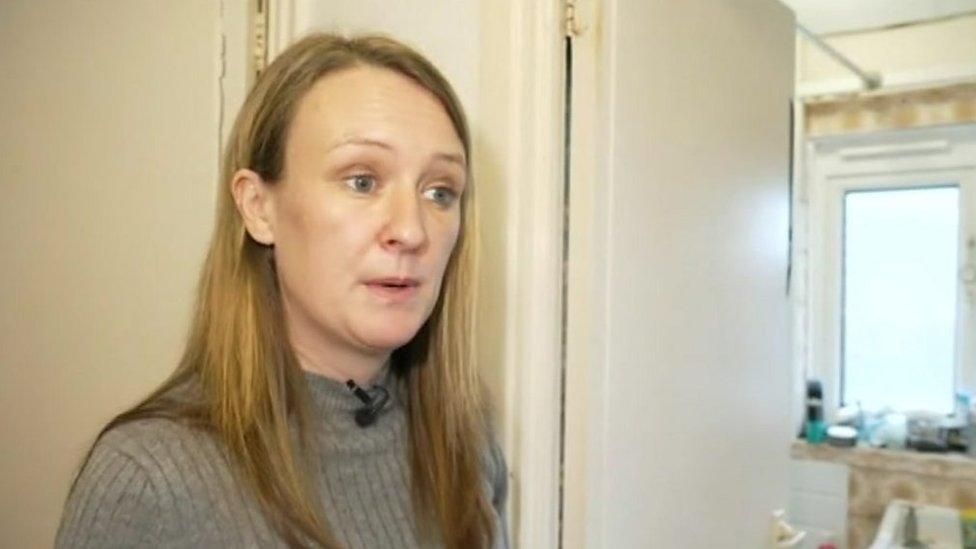
- Published13 February

- Published25 October 2022
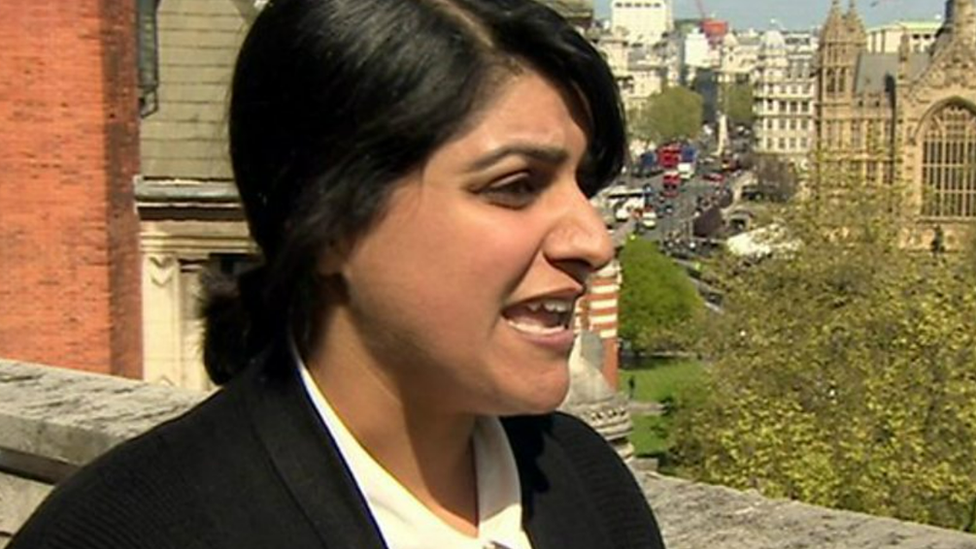
- Published10 March 2022

- Published14 March 2019
